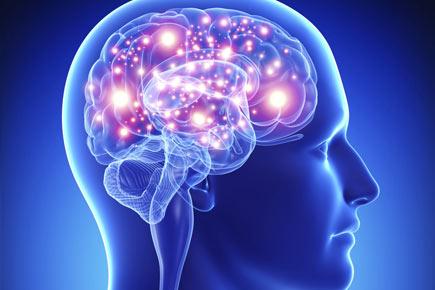Long thought to be merely a by-product of neuron activity, brain waves may play a critical role in communication between different parts of the brain, a new study suggests

Brain fuction
New York: Long thought to be merely a by-product of neuron activity, brain waves may play a critical role in communication between different parts of the brain, a new study suggests. As neurons fire, they produce brain waves that oscillate at different frequencies.
ADVERTISEMENT
The researchers at Massachusetts Institute of Technology (MIT) found that two brain regions that are key to learning - the hippocampus and the prefrontal cortex - use two different brain-wave frequencies to communicate as the brain learns to associate unrelated objects.

Representational picture
Whenever the brain correctly links the objects, the waves oscillate at a higher frequency, called "beta," and when the guess is incorrect, the waves oscillate at a lower "theta" frequency.
"It's like you're playing a computer game and you get a ding when you get it right, and a buzz when you get it wrong. These two areas of the brain are playing two different 'notes' for correct guesses and wrong guesses," said senior study author Earl Miller of MIT.
Furthermore, these oscillations may reinforce the correct guesses while repressing the incorrect guesses, helping the brain learn new information, the researchers said.
The study also highlights the significance of brain waves in cognitive function, which has only recently been discovered by Miller and others.
"Brain waves had been ignored for decades in neuroscience. It's been thought of as the humming of a car engine," Miller said.
"What we're discovering is that these brain waves may be the infrastructure that supports neural communication," he added.
The researchers are now investigating whether they can speed up learning by delivering non-invasive electrical stimulation that oscillates at beta frequencies when the correct answer is given and at theta frequencies when the incorrect answer is given.
The findings appeared in online edition of Nature Neuroscience.
 Subscribe today by clicking the link and stay updated with the latest news!" Click here!
Subscribe today by clicking the link and stay updated with the latest news!" Click here!






